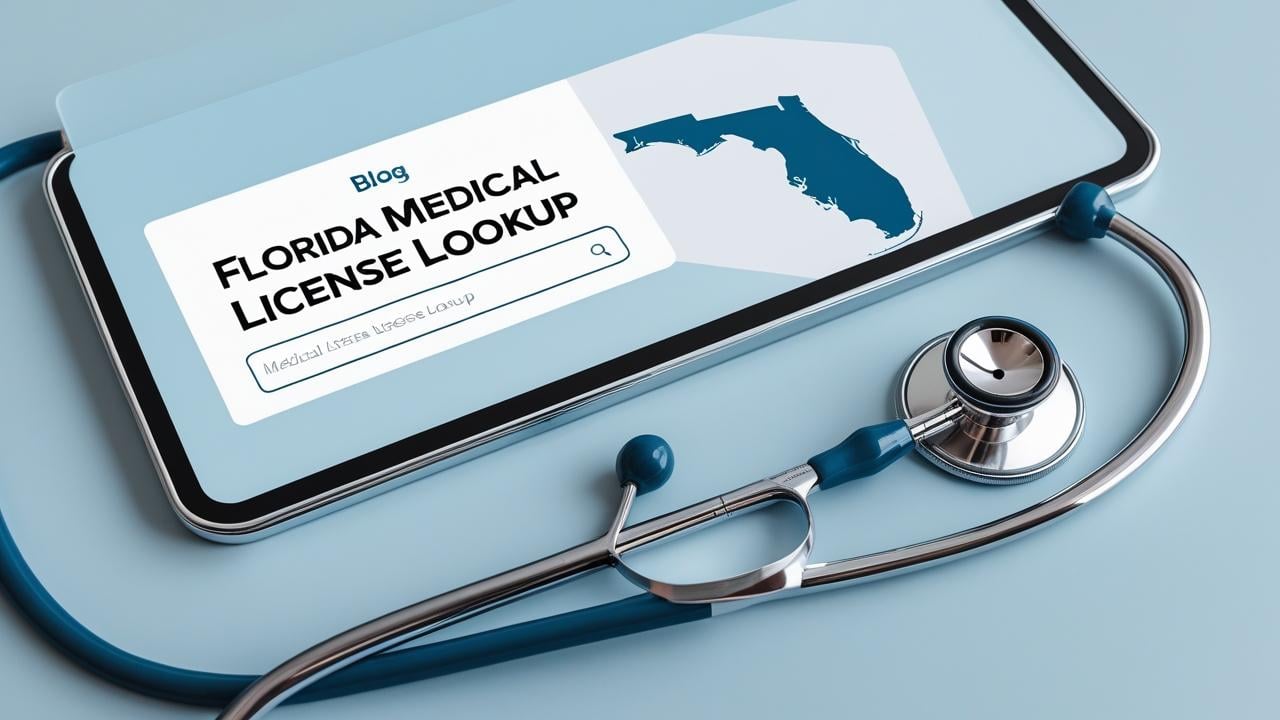Credit: Jeff Cohen & Caitlin A. Koppenhaver
There is an important regulatory development that is changing the Research Use Only (RUO) peptide landscape. It is our understanding that the FDA has begun shifting its focus away from purely issuing warning letters to RUO platforms targeting improper marketing claims on RUO websites. The current wave of enforcement is now targeting manufacturers of peptides, particularly where the supply chain lacks transparency, and where quality control is not thought to be sufficiently demonstrable.
A Shift Toward Manufacturing Scrutiny
While RUO platforms have traditionally been scrutinized for website claims implying human use (which is contrary to an RUO model), we are now seeing the FDA and other regulators concentrating their enforcement efforts on the manufacturing side of the peptide supply chain. This includes not only unregistered or non-compliant facilities but also contract manufacturers that fail to document and demonstrate Good Manufacturing Practices (cGMP), traceability, and appropriate sterile production standards. When contract facilities are operating without clear sterility protocols, without proper documentation, and without any visibility into where materials are sourced or how they are sterilized, the FDA views this as a serious safety risk. And when those same operations are linked to websites that explicitly or implicitly promote human use, that becomes a flashpoint for enforcement.
Importance of Transparent Quality and Safety Protocols
Manufacturing is presently where the burden of proving safety and quality primarily resides. That means peptide companies relying on third-party suppliers, whether for APIs, aliquoting, sterilization, or packaging, need to be asking targeted questions and demanding detailed records. It is not enough for distribution hubs to just assume the quality is there. FDA and state regulators are increasingly seeing licensing as the regulatory key to unlock transparency and accountability. In the mind of a regulator, licensing provides a framework for oversight and a mechanism to enforce standards that otherwise remain out of reach. Licensing is a regualtor’s primary tool to ensure patient safety.
Proactive Steps for Quality Assurance
Some manufacturers are moving proactively to implement robust quality systems. They are conducting production in registered cGMP facilities, tracking materials through serialized lot control systems, and documenting every step of the process, from raw material intake to final testing. Batches are typically held in post-sterilization quarantine until third-party labs confirm sterility, potency, and purity. Certificates of Analysis are being generated for every lot, and some companies have implemented DSCSA-compliant tracking systems to monitor how product moves through the supply chain. Those that are most forward-thinking have also put in place formal recall protocols and maintain retain samples for every lot to facilitate traceability in the event of any product issue.
Additional testing standards are being adopted broadly across the industry, including analyses for purity, identity, accurate weight, endotoxins (USP85), heavy metals, and industrial solvents for active pharmaceutical ingredients (API). Finished products are likewise undergoing rigorous sterility testing aligned with USP71 standards. Batch numbers for both API and finished products are being systematically integrated into labeling systems and enterprise resource planning (ERP) solutions.
This is the natural evolution of any emerging healthcare industry—the evolving definition of quality and safety. The platforms that have a hope of being sustainable will embrace it and understand that the ones that last will take the lead on defining quality and safety rather than waiting for regulators to define those things AT them.
Evaluating Your Business’s Compliance Risk
If your RUO platform is sourcing peptides from a third party and selling them to researchers, you are not immune to the regulatory obligations that fall on the supply chain. The absence of a license or a stated RUO disclaimer will not insulate you if regulators determine that your product was made, handled, or promoted in a way that violates state or federal law.
The newest susceptible regulatory development is quickly becoming manufacturing, particularly where there is no clear documentation of quality controls or batch testing. If your platform is selling peptides labeled “For Research Use Only,” you may not be directly compounding or manufacturing, but regulators are no longer making clean distinctions when supply chains blur. If your RUO business relies on third-party manufacturers or drop-ships from unlicensed processors, you may be implicated in a broader regulatory net. The enforcement landscape is changing. Now is the time to take a closer look at how peptides are being made, and whether your business is built to withstand the scrutiny.
The most proactive businesses in this space will:
- Make sure they have a clear understanding of the laws, options and risks in the industry (which change on a weekly basis);
- Have their websites scrubbed to reduce regulatory and Pharma risk;
- Double down on DEMONSTRATING quality and safety;
- Ensure they have proper insurance in place;
- Pay particular attention to corporate structure issues designed to segregate liability (and appease credit card processors); and
- Explore the feasibility of possible licensure.








